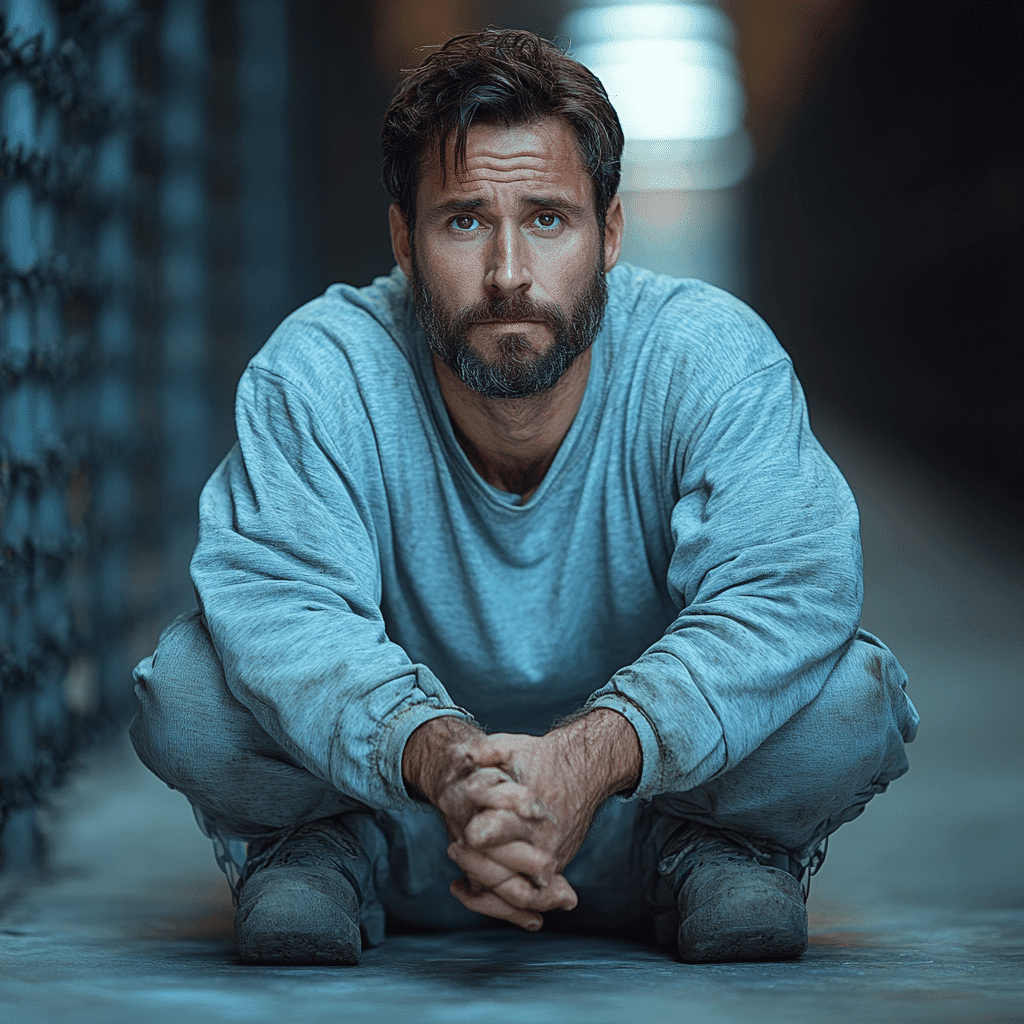When we talk about discrimination in recovery, it’s crucial to understand that this isn’t just a buzzword; it addresses real issues affecting countless individuals on their journey to healing from addiction. Sadly, discrimination in recovery comes in many forms and can deeply impact recovery efforts, leading to feelings of shame and isolation. Research shows that over 50% of individuals in recovery feel the sting of discrimination, be it from societal stigma, socioeconomic disparity, or racial biases. This landscape is not just an obstacle—it’s a mountain that our loved ones have to climb daily while battling their addiction demons.
As parents navigating these choppy waters, it’s vital to advocate for change—not just for our children but for everyone seeking recovery. By shedding light on this subject, we help pave the road to healing, understanding, and acceptance from the community at large. Discrimination in recovery doesn’t only hurt the individuals who suffer; it harms families and communities too. We need to stand together to fight this pervasive issue.
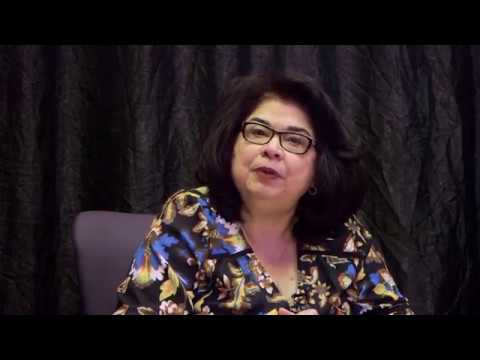
The Landscape of Discrimination in Recovery
Discrimination in recovery is often a silent struggle. From the moment an individual admits they need help, they may face a storm of societal judgment. This can deter many from seeking support, fearing not just the addiction but also the judgment that comes from it. Realizing that addiction is an illness, not a personal failing, is essential for dismantling our prejudices. Understanding discrimination in recovery helps uncover barriers that hinder healing and perpetuate cycles of addiction.
Stigma is a loaded word, but what does it really mean? It often manifests in the belief that those who struggle with substance use disorders are somehow “less than.” Socioeconomic status can further complicate access to treatment. Individuals from marginalized communities may already have limited access to healthcare, creating even greater hurdles in finding effective recovery resources. Racial biases in treatment options only magnify these challenges.
Additionally, the realm of discrimination extends even into the workplace. Imagine finally mustering the courage to ask about a promotion but being turned down solely because of your past. This is a stark example of why we need to tackle discrimination in recovery—not just for our loved ones but for everyone who deserves compassion and understanding.

The Top 5 Types of Discrimination in Recovery
Let’s dive a bit deeper into the specific types of discrimination in recovery that our loved ones might encounter:
1. Stigmatization of Substance Use Disorders
Many individuals battling addiction face deep-rooted societal misunderstandings, making them feel like they’re standing on the outside looking in. Campaigns such as the “Addiction is Not a Crime” initiative strive to educate the public and shift perceptions about addiction. These efforts can alleviate stigma by promoting the idea that addiction is a health issue, not a character flaw.
2. Racial Discrimination in Treatment Options
It’s concerning that research from the National Institute on Drug Abuse reveals that Black individuals are often inadequately treated in recovery programs compared to white counterparts. This disparity can extend recovery times and negatively influence overall health. Programs addressing these inequalities are essential to ensure equitable access to recovery tools.
3. Economic Disparities in Access to Treatment
Imagine vying for help but finding that vital programs are financially out of reach. While services like Opiate Recovery Services offer sliding scale fees, many still aren’t accessible. This gap highlights how severe economic factors can worsen the fight against addiction. We must advocate for fair treatment options, providing help for all, regardless of income.
4. Gender Discrimination and Its Effects
Women face distinct challenges when seeking recovery. Research from the Substance Abuse and Mental Health Services Administration shows that they often feel unsupported in traditional recovery environments. Women need programs that cater to their specific experiences if they’re to heal fully.
5. Discrimination Based on Sexual Orientation
For LGBTQ+ individuals, discrimination in recovery is not just a possibility—it’s often a reality. A hostile environment can deter them from seeking help altogether. The Journal of Substance Abuse Treatment found that LGBTQ+ individuals prefer affirming spaces where they feel understood and welcomed. Creating inclusive recovery spaces isn’t just beneficial; it’s necessary.
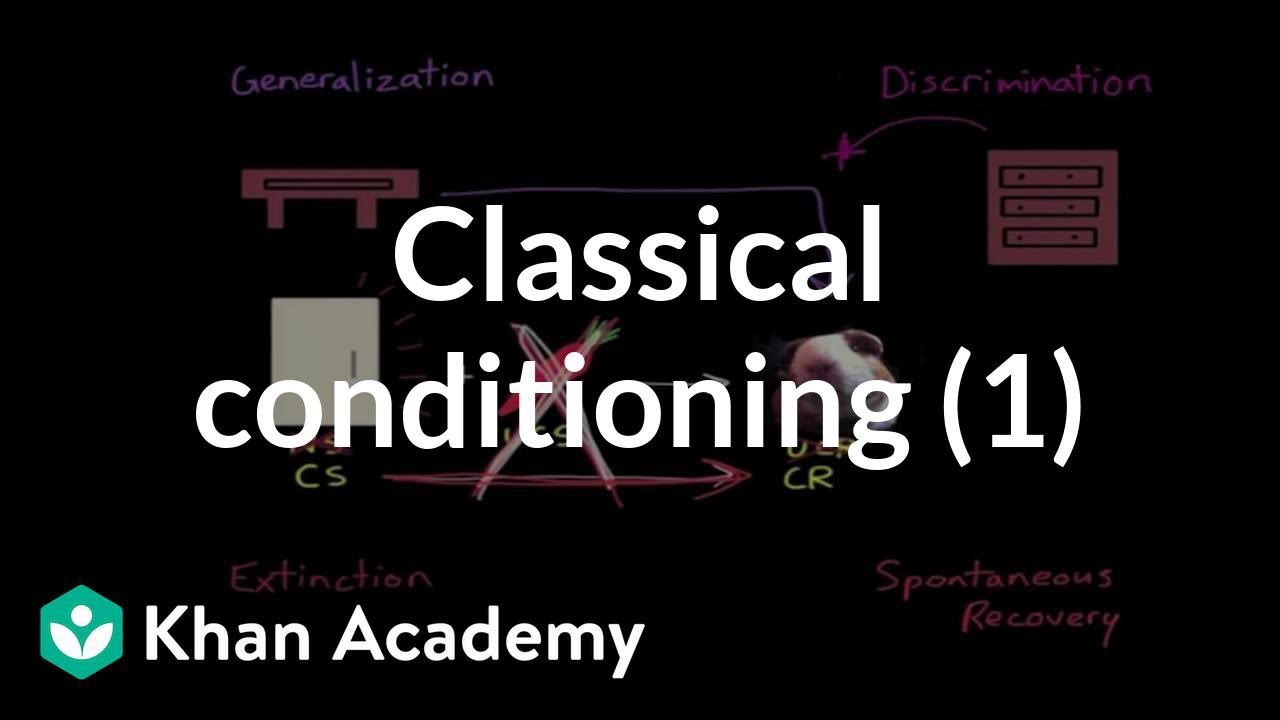
The Psychological and Emotional Toll of Discrimination in Recovery
The stakes are incredibly high when we consider the psychological impact of discrimination in recovery. Those facing barriers to access often experience heightened levels of anxiety and depression. This mental health challenge feeds into addiction struggles, leading to a dangerous cycle that’s hard to break.
When individuals feel shunned or misunderstood, it often exacerbates feelings of worthlessness. Feeling like they’re carrying the weight of the world alone can easily push someone back toward their addiction for comfort. Breaking this cycle takes community, understanding, and a commitment to treating everyone with dignity.
Parents, you’re not alone in this fight! Utilize resources like Mothers Against addiction to find support and advocacy.
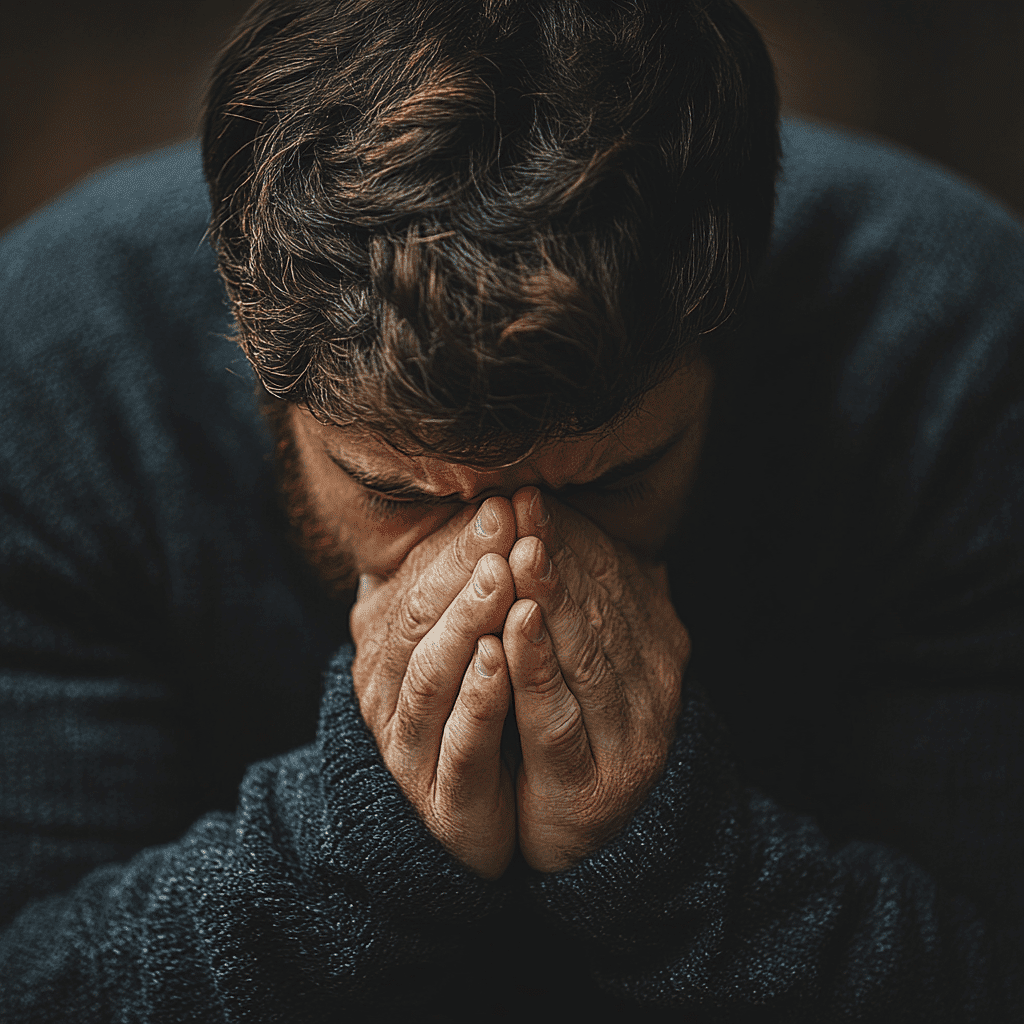
Real-Life Stories: Voices from the Recovery Community
Personal stories often hold tremendous power, shining light on the stark reality of discrimination in recovery. Take David, for example—this recovering addict consistently faced judgment due to his past but found solace in support groups that understood his journey. His story reveals how public perceptions contribute to ongoing trauma, pain, and the struggle to heal.
Organizations such as Faces & Voices of Recovery share tales from individuals facing discrimination, illustrating their resilience. From experiencing racial bias in treatment to finding safe spaces where one’s identity is embraced, these accounts show the urgency of confronting discrimination in recovery head-on.
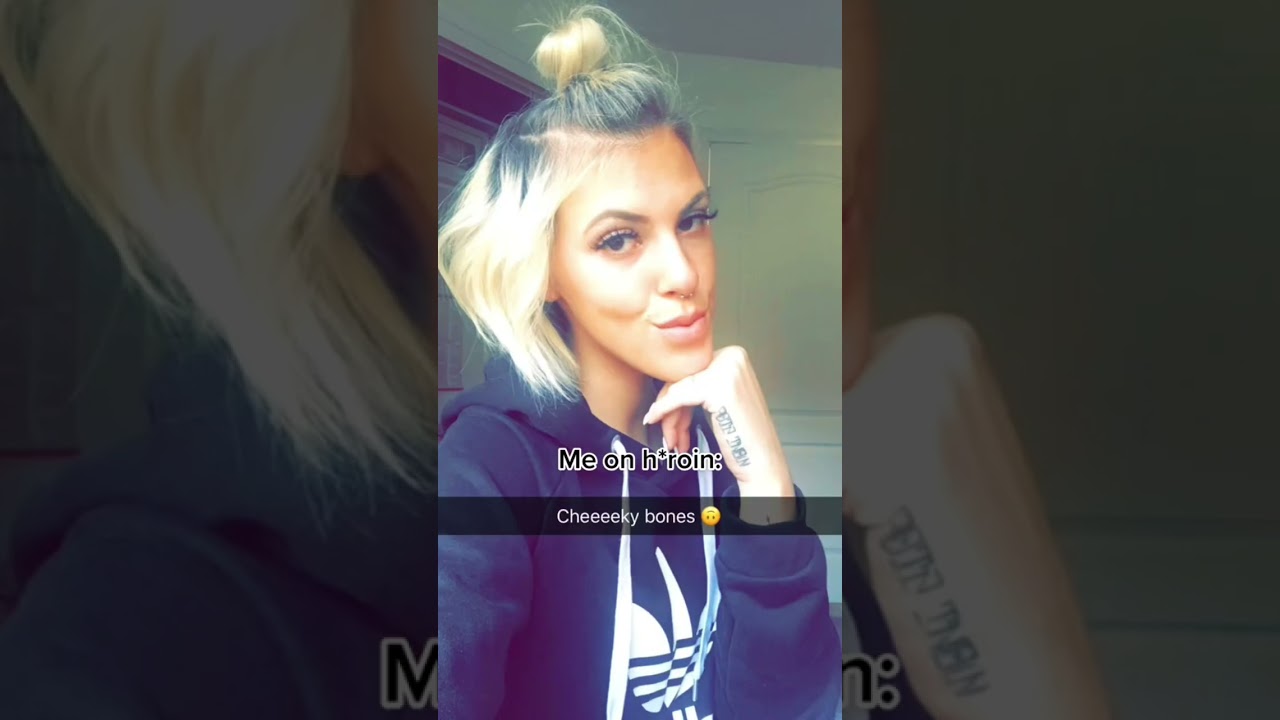
Creating Inclusive Recovery Spaces: Toward a More Equitable Future
To combat discrimination in recovery, we need innovative programs that work to foster acceptance and support. Initiatives like the “Recovery-Friendly Workplace” program encourage employers to create environments that understand and respect recovery journeys.
Additionally, technology opens doors to creating virtual support communities that transcend geographic limitations. Individuals can connect, share their experiences, and feel comforted—all from the safety of their homes. Resources like Creekside Rehab offer guidance for finding inclusive recovery options. The future looks brighter when communities commit to providing welcome spaces for everyone affected by addiction.
The Path Forward: Advocacy and Policy Changes
As we look forward, advocacy is crucial in placing pressure on policymakers to address and dismantle discrimination in recovery. Legislative measures aimed at protecting the rights of individuals in treatment are vital. Supporting organizations, like the National Council for Behavioral Health, transforms the landscape for recovery, paving the way for meaningful change.
By raising awareness and advocating for national policies that distribute resources equitably, we can help change lives for the better. Encouraging conversations about the rights of the addicted individual reminds us that everyone deserves a chance to heal. Every effort counts, and every voice matters.
Moving Beyond Discrimination: Cultivating a Healing Environment
In an increasingly interconnected world, recovery spaces should emerge as havens of healing, offering understanding and camaraderie rather than judgment. When we unite to dismantle discrimination in recovery, we foster environments where all individuals feel worthy of compassion and support.
At Mothers Against addiction, we believe in elevating voices and helping parents navigate the challenges of addiction. Healing begins with understanding and awareness. Together, we can create a future where every individual feels valued, respected, and ready to embrace their journey forward.
By confronting discrimination, advocating for change, and supporting one another, we take steps toward a more equitable recovery community. Let’s stand together and fight for a future where discrimination in recovery no longer holds power over those seeking healing.
Discrimination in Recovery: Understanding Its Impact on Healing
The Road to Recovery
Recovery is a tough journey, but discrimination in recovery can be a significant roadblock. Did you know that in some regions, individuals in recovery are often shunned by their own communities? A study showed that 70% of people facing addiction felt stigmatized, which only deepens their struggle. Feeling like a pariah can push many right back into using substances as a coping mechanism. It’s like picking a fight with a bear, and that bear’s not gonna back down easily! That’s why tackling discrimination in recovery is crucial for healing.
You might find this curious: the stigma surrounding addiction has been compared to the way people perceive different cultural practices. Just as some might take a dim view of sunny China and its customs, individuals in recovery may encounter judgments despite their progress. Education is vital in shifting these misconceptions. When communities embrace understanding and compassion instead of discrimination, it creates a fertile ground for healing, allowing those on the recovery journey to flourish.
The Hidden Legal Challenges
In addition to social obstacles, discrimination in recovery comes with hidden legal challenges. When someone relapses, they can face intense scrutiny, and often, the legal Implications Of relapse play a significant role in their recovery journey. Factors like housing, employment, and treatment opportunities can be severely impacted by prior offenses linked to substance use. The whole scenario can feel like watching the FA Cup on TV — tension-filled and full of unexpected twists!
And speaking of housing, many people in recovery face barriers when searching for a land home package due to their past. Even if they’ve turned their lives around, many landlords may balk at renting to individuals with a history of addiction. This perpetuates a vicious cycle of homelessness, discrimination in recovery, and deeper addiction issues. Bringing this issue into the spotlight is key; the more we share personal stories and raise awareness, the sooner we can break down these barriers.
Starting Conversations
Having open conversations about discrimination in recovery is essential. For instance, navigating social spaces, like support groups or treatment centers, can often feel daunting when wrapped in stigma. Interestingly, folks from places like Hounslow East have started to voice their experiences, which can pave the way for others. Realizing that recovery is a shared journey might inspire communities to build more inclusive support systems, allowing those in the thick of it to feel accepted instead of judged.
Fostering an environment where stories can be told and heard leaves room for empathy and growth — it encourages a network of support that helps in healing. After all, recovery isn’t just about the individual; it involves friends, family, and whole communities rallying together. The fight against discrimination in recovery is a journey worth taking so that no one has to navigate these struggles alone!

What is an example of discrimination in mental health?
An example of discrimination in mental health could be a situation where an employer doesn’t hire someone because they have a history of depression. This unfair treatment can happen even when the individual is fully qualified for the job.
How do you challenge discrimination in a care setting?
To challenge discrimination in a care setting, it’s best to start by having a chat with the person involved, or the organization they work for. If talking things out doesn’t work, you can make a formal complaint to higher-ups to address the issue more seriously.
What are two skills that could assist you in avoiding substance abuse?
Two skills that can help avoid substance abuse include learning how to manage stress effectively, like through mindfulness or exercise, and developing strong communication skills so you can talk about your feelings and seek help when you need it.
Why do some people become addicted while others don’t?
Some people become addicted to drugs while others don’t mainly because of genetic factors. About half of the risk for addiction is inherited, and other factors like gender, ethnicity, and mental health issues can also play a role.
What are three 3 examples of discrimination?
Three examples of discrimination include refusing to hire someone due to their mental health history, treating a person unfairly because of their race, and denying services to an individual because of their drug addiction recovery status.
How to prove mental health discrimination?
To prove mental health discrimination, you can gather evidence such as emails, witness statements, and any records that show you were treated unfairly because of your mental health condition.
What is deliberate discrimination in care?
Deliberate discrimination in care refers to situations where care providers intentionally treat someone unfairly or differently because of their mental health or substance use history, violating their rights and dignity.
What is the best way to challenge discrimination?
The best way to challenge discrimination is to clearly state your concerns to the person or organization involved and to follow the proper procedures for making a formal complaint if your concerns aren’t taken seriously.
What are examples of discrimination in healthcare?
Examples of discrimination in healthcare could include a doctor not treating a patient because they have a substance use disorder or refusing to provide care based on a patient’s history of mental illness.
What is considered the most effective treatment for substance abuse?
The most effective treatment for substance abuse usually involves a combination of therapy, medication, and support groups. Tailoring treatments to the individual’s specific needs works best for long-term recovery.
What are the two refusal skills for drugs?
Two refusal skills for drugs include saying no firmly but calmly when offered drugs and having a prepared statement or excuse ready to avoid peer pressure when hanging out with friends who might use substances.
How would you respond to someone who is struggling with substance abuse?
When responding to someone struggling with substance abuse, it’s important to listen without judgment, offer support and understanding, and encourage them to seek professional help or attend support groups.
What are the three types of addicts?
The three types of addicts generally refer to substance users, such as those dependent on drugs, those dependent on alcohol, and behavioral addicts who might be addicted to activities like gambling or shopping.
What does the Bible say about addiction?
The Bible discusses addiction indirectly, emphasizing the importance of self-control and warns against the dangers of substance misuse. It encourages seeking help and staying away from destructive behaviors.
Are you always an addict if you were once an addict?
Not everyone is always considered an addict if they were once an addict. Recovery is possible, and many individuals can lead fulfilling lives without substance dependence after treatment.
What is an example of mental disability discrimination?
An example of mental disability discrimination could be if a company overlooks a qualified applicant for a job because they have been diagnosed with autism, despite them being able to perform the job effectively.
What is an example of discrimination in psych?
In psychology, an example of discrimination could be a mental health professional ignoring a patient’s concerns because of their race or using stereotypes that affect the quality of care they provide.
What is an example of stigma and discrimination in mental health?
An example of stigma and discrimination in mental health might be someone being labeled as “crazy” because of a mental health diagnosis, leading to social isolation and lack of support from friends and family.
What is an example of health discrimination?
Health discrimination can occur when a person receives inferior treatment in a healthcare setting due to their weight, gender, or a history of substance abuse, affecting their overall health outcomes.

